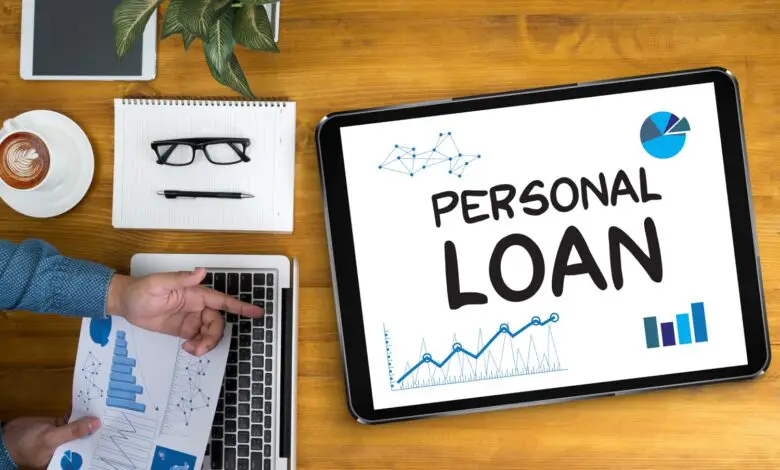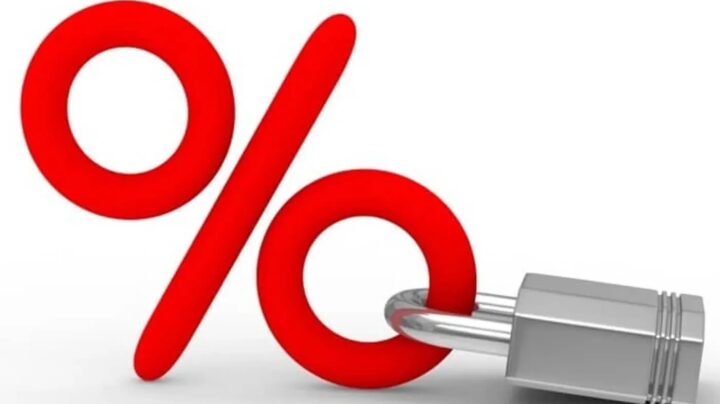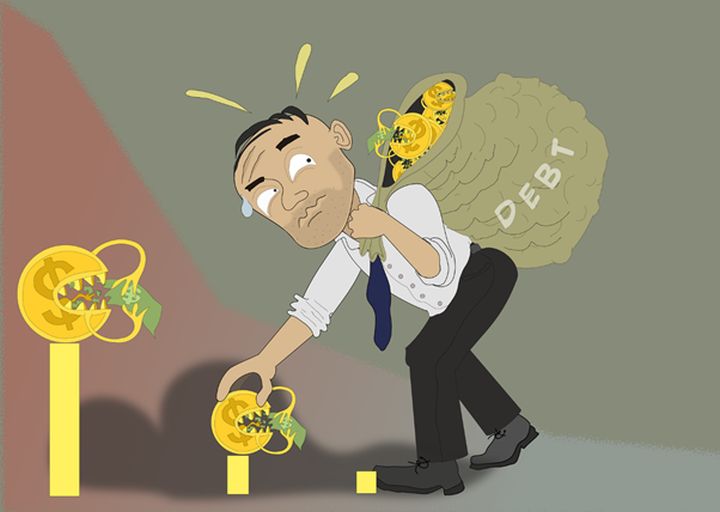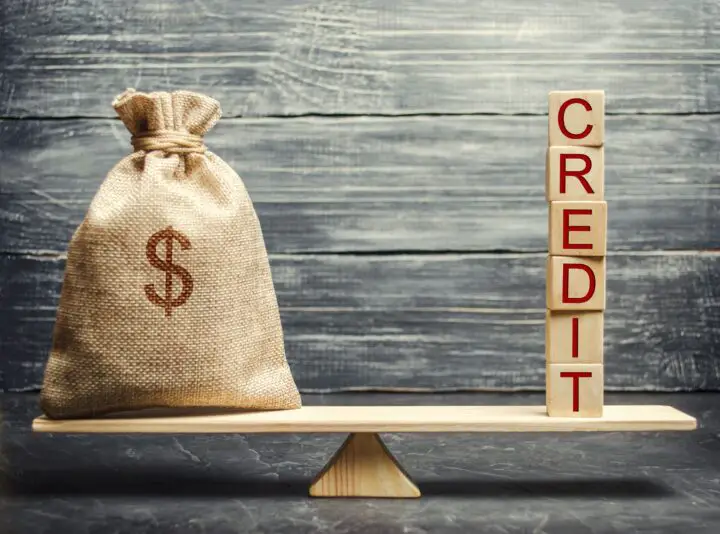Do’s and Don’ts of using Personal Loans

Nowadays, people cannot imagine life without taking out a loan (few can) that they need to buy certain real estate, land, or on the other hand starting a certain business venture.
Personal loans are loans for which the purpose has not been determined in advance. In order to obtain these types of loans, it is not necessary to prove subsequently, as in the case of housing loans, for which needs the loan is spent. But, what is necessary is to be creditworthy, that is, to bring certain documentation, which includes a payroll that actually talks about your creditworthiness. Credit history reflects your attitude towards the obligations you have undertaken and is of great importance when the bank decides whether to grant you a loan. For these purposes, the bank uses a report from the Credit Registry.
The financial situation can be jeopardized for several reasons, not just due to job loss or reduced income. For most loans, it is considered that after paying all monthly obligations and new inflows, at least half of your monthly salary will remain on your account, and banking advisors will, almost without exception, discourage additional borrowing.
This type of loan is non-purpose, so you can use it to buy or invest in various things. If you are unsure whether to take this type of loan or not, here are a few facts that will help you make a decision.
Credit as a necessary thing

There are situations when you simply cannot keep track of current expenses and when you find the only solution in credit. A personal loan is a great way to cover the costs of registering or repairing a vehicle, going on a trip, or resolving any similar financial problem without having to provide additional documentation stating the purpose of the loan.
You will hardly get a loan with a bad credit history. Inadequate creditworthiness means that you are already in debt, and current income does not allow a new loan or purchase of a real estate. Creditworthiness will also be affected by whether you are someone’s guarantor.
As we have said, credit is very often imposed as the only solution to financial problems, so it is good to keep that in mind.
Fixed-rate loan

Choosing the type of interest rate is probably, given the current circumstances, the most important part around which we need to make a decision.
We all know that we will repay more money than we borrowed. The interest rate varies from one bank to another. What many find useful in this case is setting a fixed interest rate. While this may mean that your installment will be higher in the event of inflation, it is also true that there will be no increase in the installment if the value of particular currency changes.
Fast loan processing

It is easy to get a loan today. There is no more processing and data processing that took several weeks, and it is less and less common that you will need a guarantor. Of course, we cannot fail to mention that raising a loan has another side.
Loan processing fees
And this is one of the extra costs you can expect. Choosing the type of interest rate is probably, given the current circumstances, the most important part around which we need to make a decision. Central banks around the world are trying to lower market interest rates as much as possible to encourage borrowing and thus ultimately economic growth. So right now wherever we look we have record low-interest rates.
You will pay back more than you borrowed

It is clear to all of us how banks function, that is, that they take interest in every loan. The amount of interest itself is of a different amount, depending on whether you have decided on a short-term or long-term loan. If it is a long-term loan, the installment may seem more acceptable to you, but the interest rates will certainly be higher. To learn more about it, visit https://snowbikefestival.com/.
Taking money from future income
You do not take the loan from the bank, you take it from your future income. When you decide that you need to be rescued from trouble by a third party, which is a bank, you must be aware that this is only a temporary solution to the problem, and with interest.
It may not be a bad idea to try to manage your budget differently and to find a solution by saving money instead of taking out a loan.
The bank has no advisers, but merchants
The misconception is that there is an advisor for the population in the banks. He is not an advisor, because you can’t go to him and ask him how to spend less, how not to take a loan, how to earn more – that would be an advisor.
Credit is the opposite of saving

Many say that the loan should be taken only if it is absolutely necessary. Keep in mind that this is not a form of saving, but, as we said, spending money that you have not yet earned.
Any borrowing is expensive and deciding to take out a loan, even if it is short-term, is certainly not easy. On the other hand, waiting to save for an apartment, car or some other major investment is probably not an option for most, so they will still decide to take out a loan. Credit is the complete opposite of saving. Anyone who took a loan knows that before taking it, he could not set aside an amount, and when he takes a loan, he can certainly set it aside, because he signed a contract with a bank that obliges him to do so. We pay dearly for our inability when we draw the line and determine how much more money we gave to repay the amount we needed.
Final thoughts
The pandemic and economic upheavals have narrowed the circle of those who can use bank primarily housing loans. Partly because sensible people do not want to borrow until they see how the situation will unfold and when the recovery will begin.
It may happen that at some point you will not be able to settle your credit obligations. It is advisable to contact the bank immediately in such situations. Thus, loan rescheduling can be agreed upon by extending the loan repayment period and/or introducing a grace period. Also, by combining all your obligations, for several different placements, it is possible to refinance the debt.
